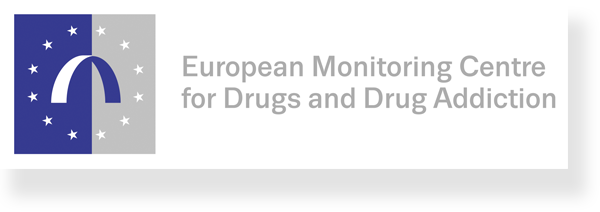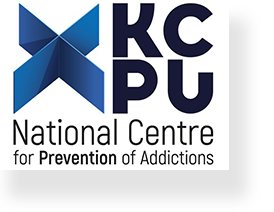Project
partners

National Plan on Drugs – PNSD (Spain)
The Government Delegation for the National Plan on Drugs (DGPND) of Spain is a governing body of the Ministry of Health, which is responsible for the direction, promotion, general coordination and supervision of the services responsible for updating and execution of the National Plan on Drugs. In the scope ofthe competences ofthe Ministry ofHealth, the DGPND assumes the impulse of the policies ofreduction ofthe demand ofthe drug consumption and of prevention, treatment, social incorporation and harm reduction related to addictive behaviours programmes. The DGPND analyses the drug problem from a global and integrated perspective, affecting multiple variables in society. Under this approach, it is necessary to act in a coordinated and joint manner in the different fields of action. In this work scheme, international cooperation constitutes an area ofspecial importance that enables the active participation of Spain in all the multilateral forums where it deals with the drug phenomenon as well as the development of bilateral collaborative relations with countries.

The General-Directorate for Intervention on Addictive Behaviours and Dependencies – SICAD (Portugal)
The General-Directorate for Intervention on Addictive Behaviours and Dependencies – SICAD (Portugal) is the central body of the Portuguese Ministry of Health in charge of the design, monitoring and evaluation of the national policy on addictive behaviours and dependencies. SICAD’s mission is to promote the reduction of consumption of psychoactive substances, prevent addictive behaviours and decrease dependencies and it is the Portuguese leading institution in the elaboration of the national strategy and action plan on addictive behaviours and dependencies. SICAD plans, implements, and coordinates drug demand reduction interventions, and collects, analyses and disseminates information on drugs and alcohol use and responses to it. SICAD has experience in EU funded drug related development projects such COPOLAD, holding a great background of best practices in integrated evidence-based approach to drugs, alcohol and addictive behaviours. SICAD expected that their expertise could contribute to the Programme’s results

European Monitoring Centre for Drugs and Drug Addiction (EMCDDA)
The European Monitoring Centre for Drugs and Drug Addiction (EMCDDA) was established in 1993. Inaugurated in Lisbon in 1995, it is one of the EU’s decentralised agencies. The EMCDDA exists to provide the EU and its Member States with a factual overview ofEuropean drug problems and a solid evidence base to support the drugs debate. Today it offers policymakers the data they need for drawing up informed drug laws and strategies. It also helps professionals and practitioners working in the field pinpoint best practice and new areas of research. The EMCDDA was set up to provide ‘factual, objective, reliable and comparable information concerning drugs, drug addiction and their consequences’. Cooperation with EU institutions, the Reitox network and regional and international organisations has been an important part ofthe EMCDDA’s work since its creation in 1993. It is foreseen to invite EMCDDA to Steering Committees as well as to relevant activities, mainly related to the Data Collection result. Moreover, it is planned to send CA experts to acquire data collection experience at the premises of EMCDDA.



